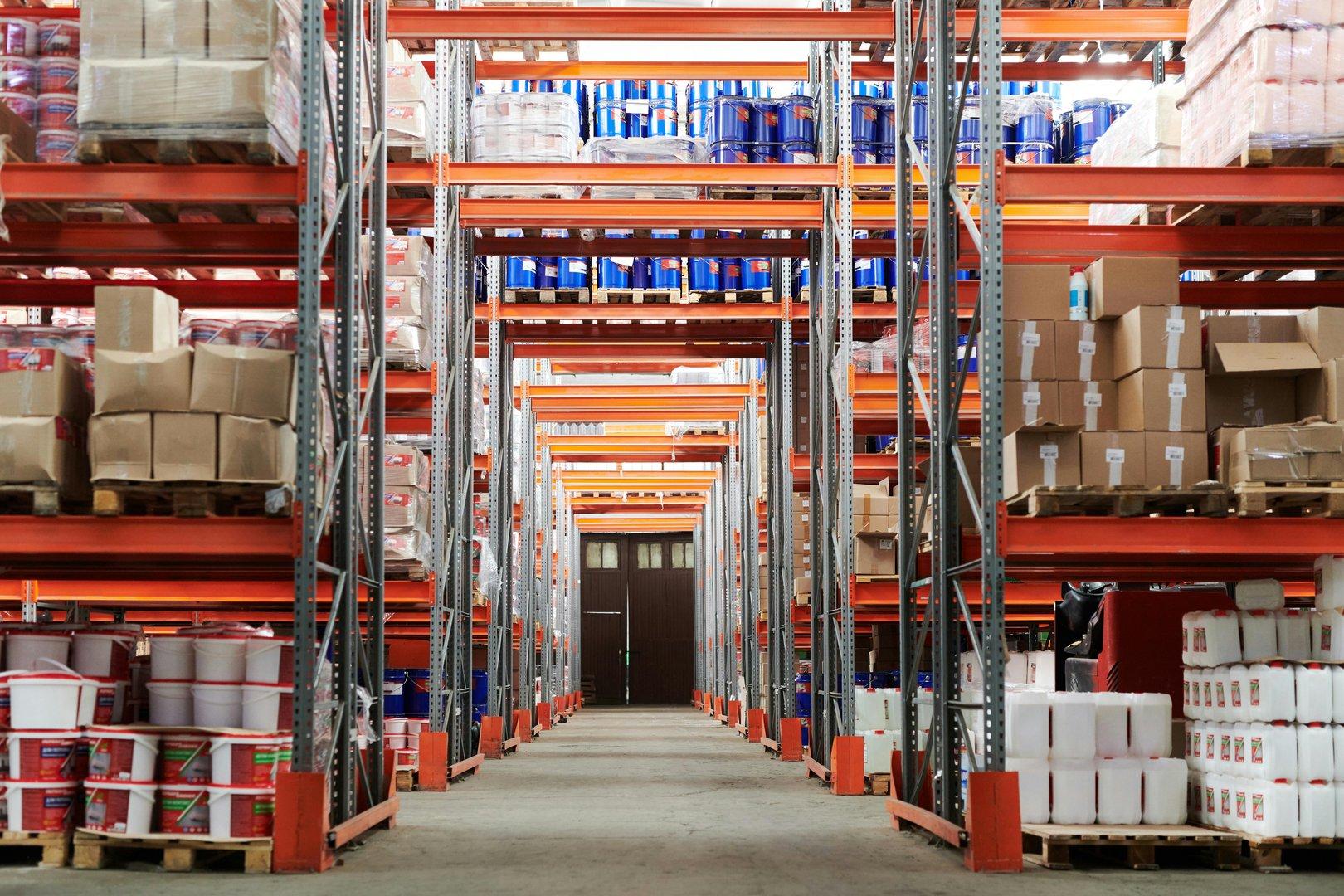home - Transforming Logistics in Saudi Arabia: The Role of Technology in Operational Management
The logistics industry is a critical component of Saudi Arabia's economy, serving as a backbone for trade and commerce.
Introduction
The logistics industry is a critical component of Saudi Arabia's economy, serving as a backbone for trade and commerce. With the Kingdom's Vision 2030 initiative aiming to diversify the economy and enhance its global competitiveness, the logistics sector is undergoing a significant transformation. Technology is at the forefront of this evolution, enabling logistics companies to streamline operations, improve efficiency, and enhance customer satisfaction. This article explores how technology is reshaping logistics management in Saudi Arabia, supported by market calculations, facts, and figures.
Automation and Robotics
Automation is revolutionizing logistics operations in Saudi Arabia. According to a report by Mordor Intelligence, the Saudi Arabian logistics market is expected to grow at a CAGR of 7.5% from 2021 to 2026, reaching approximately $36 billion by 2026. Warehouses are increasingly adopting automated systems for inventory management, order fulfillment, and shipping processes. Robotics technology, such as automated guided vehicles (AGVs) and robotic arms, is being utilized to handle repetitive tasks, reducing human error and increasing productivity.

Internet of Things (IoT)
The Internet of Things (IoT) is playing a pivotal role in logistics management by providing real-time data and insights. A study by Statista indicates that the number of connected IoT devices in the logistics sector is projected to reach 50 billion globally by 2030. In Saudi Arabia, where vast distances and challenging terrains can complicate logistics, IoT technology helps companies track the location and condition of goods in transit. This visibility allows for proactive decision-making, reducing delays and improving customer service.
Advanced Analytics and Big Data
Data analytics is transforming how logistics companies in Saudi Arabia manage their operations. By leveraging big data, companies can analyze historical trends, customer preferences, and market demands to optimize their supply chain strategies. According to a report by McKinsey, companies that effectively use data analytics can improve their operational efficiency by up to 20%. Predictive analytics can forecast demand fluctuations, enabling companies to adjust inventory levels and reduce costs.
Cloud Computing
Cloud computing has become an essential tool for logistics companies in Saudi Arabia, providing scalable and flexible solutions for managing operations. The global cloud logistics market is expected to grow from $12.5 billion in 2020 to $38.5 billion by 2026, according to MarketsandMarkets. Cloud-based platforms enable real-time collaboration among stakeholders, including suppliers, carriers, and customers. This connectivity enhances communication and coordination, leading to improved supply chain visibility.
E-commerce Integration
The rise of e-commerce in Saudi Arabia has significantly impacted logistics operations. The e-commerce market in the Kingdom is projected to reach $13.3 billion by 2025, according to a report by Bain & Company. Technology is facilitating the integration of logistics services with e-commerce platforms, enabling seamless order processing and delivery. Companies are adopting sophisticated logistics management systems that can handle the complexities of e-commerce, such as last-mile delivery and returns management.

Conclusion
As Saudi Arabia continues to invest in its logistics infrastructure and embrace technological advancements, the role of technology in managing logistics operations will only grow. From automation and IoT to advanced analytics and blockchain, these innovations are enabling logistics companies to operate more efficiently, respond to market demands, and enhance customer satisfaction. By leveraging technology, Saudi logistics firms are not only improving their operational capabilities but also positioning themselves as competitive players in the global market. As the Kingdom moves towards its Vision 2030 goals, the integration of technology in logistics will be a key driver of success and sustainability in the industry.
No comments yet. Login to start a new discussion Start a new discussion